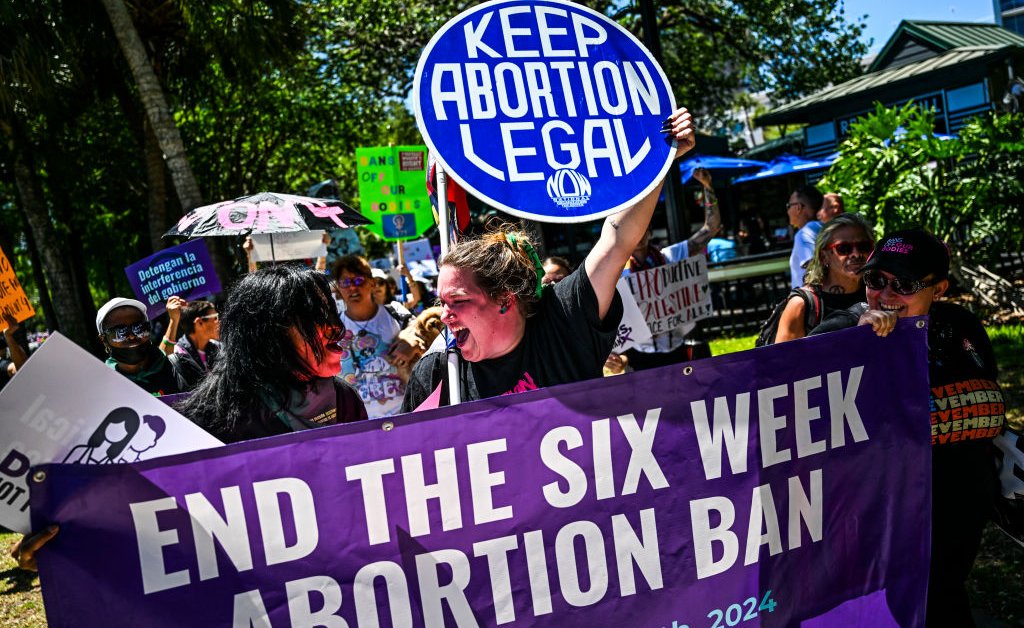Closed primaries are the New Jim Crow in Louisiana
Do Black voters matter only if they are Republicans or Democrats?
That’s the question Louisianans are facing as newly elected Gov. Jeff Landry has called for a special session of the legislature to tackle the way the state conducts its elections. Much of the national focus has been on whether their response will adequately comply with a recent federal judge’s ruling that currently drawn congressional boundaries violate the Voting Rights Act by diluting the power of Black voters.
But the governor’s rushed attempt at closing the state’s primary elections poses an equally dire threat — disenfranchising almost a quarter of all Black voters in the state.
Louisiana has operated a unique open primary election model for almost 50 years. All voters get to participate and all candidates appear on one public ballot, with the election typically occurring in either October or November, depending on the year. If a candidate gets a majority vote, they win the election outright; if not, the top two candidates advance to a runoff.
The governor wants to change that model, and he’s backed by Republican Party activists who believe closing the primaries will lead to more ideological conservatives winning office. It’s not just a one-party affair — the move is also supported by some Democrats who want their party’s registered voters to have the last word in choosing Democratic candidates.
If these leaders were to have their way, almost a third of the entire electorate — nearly a million voters that are independent and not registered with either major party — would be shut out in closed congressional, state and local primary elections.
In Louisiana, that increasingly means Black voters. More than 200,000 black voters are registered as independents in the state. That’s almost a quarter of the entire Black voting population.
Closed primaries may be taxpayer funded, but only registered Democrats or Republicans are allowed to vote in them. The scale of such a change would be the largest single act of voter disenfranchisement in the state, and would represent a return to the politics of Jim Crow from decades past where primaries, among so many other aspects of the franchise, were closed to Black voters.
And don’t think access to the general election offers any respite. Louisiana runs some of the least competitive general elections in the country. In the last election season for the state legislature, in 2019, over a third of all races saw candidates running unopposed, and only 6 percent of races between the House and Senate elections for state were competitive. For most voters in Louisiana, general election races are nothing more than the type of “show” elections you might expect to see in an autocratic state. The primaries are the races that matter in Louisiana.
It’s not just about Black independents either. There are more than 700,000 Black voters registered with the state Democratic Party. Under the current open primary system, they have the right to choose the best candidate in the primaries, including in the vast number of races where a Republican is the only candidate likely to make the general election ballot. Black Democrats under the Landry proposal would be forced to make a choice: register as a Democrat and be assured that, outside some local races, your vote doesn’t matter, or register Republican to impact who governs. Both parties are hoping these voters “stay in their lanes.”
Unfortunately, Louisiana is not alone. Efforts to close the primaries are building all across the South.
The Texas Republican Party will have a question on this year’s primary ballot to build support for rollback in their state. The Tennessee League of Women Voters is currently suing the state of Tennessee over legislation that was passed requiring signs at all polling locations to erroneously declare that independents choosing a ballot in the state’s open primary are in violation of the law. Virginia and Missouri have recently introduced legislation to close the primaries outright.
Where’s the outcry? Is 200,000 Black voters denied the franchise not a high enough number to get the country’s attention?
Closing Louisiana’s primaries is voter suppression. Let’s fight to give every American full and equal access to every election.
Jeremy Gruber, JD, is senior vice president of Open Primaries, a national election reform organization.
Copyright 2023 Nexstar Media Inc. All rights reserved. This material may not be published, broadcast, rewritten, or redistributed.
Source link




